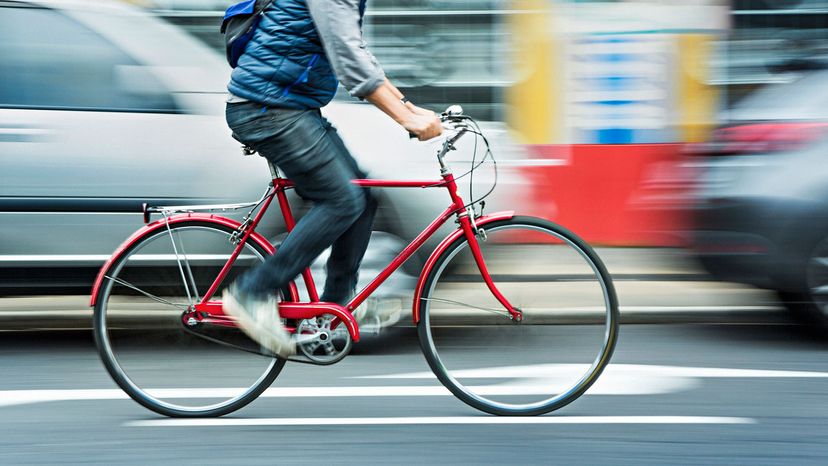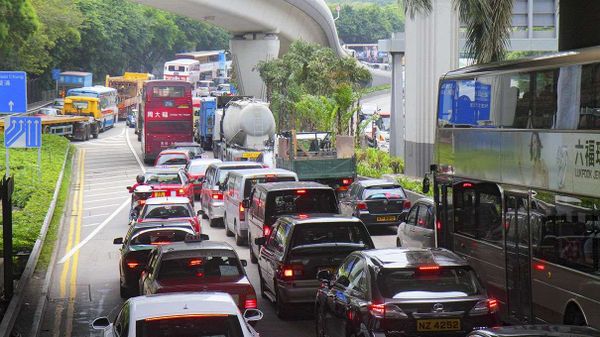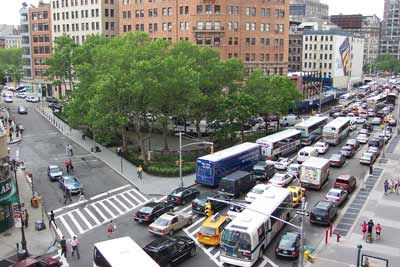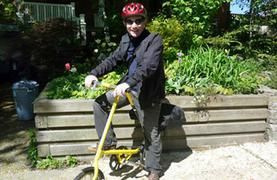
It happens to every driver at some point. You're in a rush downtown, late to a meeting, and trying to make up time, when suddenly you find yourself stuck behind a bicyclist. It feels a bit like a double whammy — because as everyone knows, bikes travel far slower than motor vehicles and hold up traffic in general.
Only, it turns out, that particular assumption just hit a speed bump.
Advertisement
So says a study published in June 2020, in Transportation Research Record: Journal of the Transportation Research Board. Three researchers from Portland State University found that on low-speed, low-volume roads city roads – ones without bicycle lanes – motor vehicle speeds varied by 1 mph (1.6 kph) or less when bicyclists were present.
Doubters, commence your scoffing.
It's easy for drivers to assume that bikes cause slowdowns, which then cascade into potentially treacherous, backed-up traffic. But consider pumping the brakes on your skepticism.
The researchers completed their study in Portland, Oregon, by some estimates home to some of the worst traffic in the United States. They chose a very specific question to answer: "Do bicycles reduce passenger car travel speeds on urban roads without bicycle lanes?"
As part of their investigation, they observed six different roadways at various times, including rush hour. They looked for vehicles following other motor vehicles, and then those that followed cyclists.
After a detailed comparative analysis, they found that there was only a 1 mph speed differential when cyclists were on the roadway, hardly enough to cause a backup, much less the gridlock that makes motorists moan in agony.
Naturally, on downhill slopes, there was even less chance that car drivers would have cause for concern, as cyclists harnessed gravity to increase their speed. And of course, e-bikes, which have a power-assist feature that boosts their speed, were even less likely to be overtaken by cars, no matter the incline.
"The hope is that our study dissuades policymakers from tossing out shared roadways as a viable option because of the perception that bicyclists will impede the mobility and speed of drivers," said Jaclyn Schaefer, one the study authors, in a press statement. "While the preference is to separate modes through separated, protected bike lanes, that's not always possible in every urban setting."
The researchers plan to expand their study to include a greater variety of roadways, traffic volumes and other variables to see how cyclists affect other types of vehicular dynamics.
Advertisement


